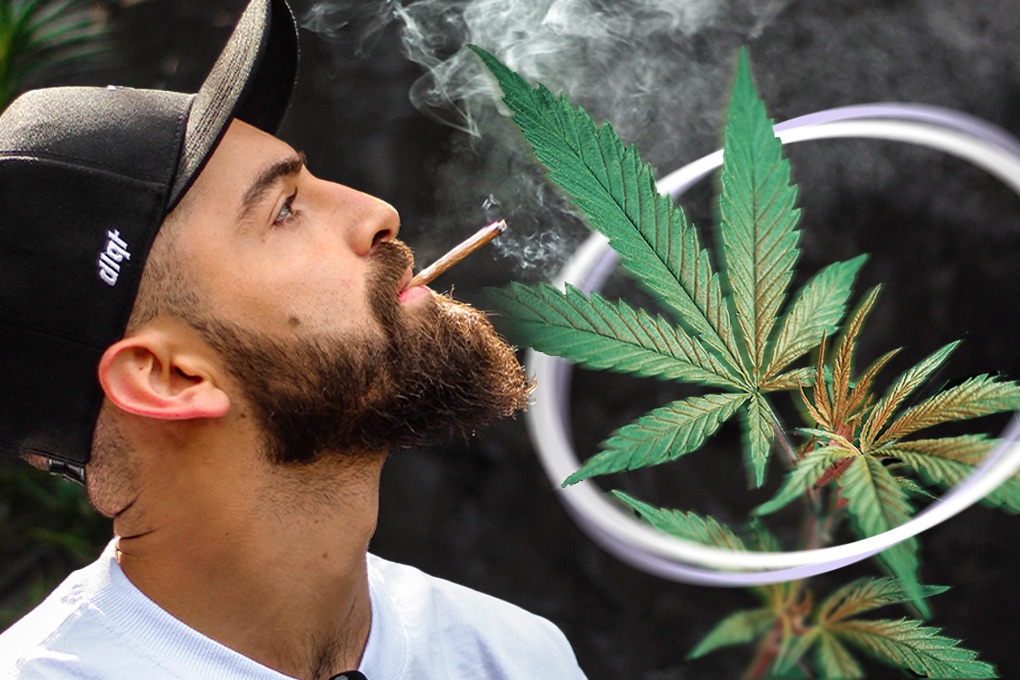
Weed, also known as marijuana or cannabis, has been a subject of both fascination and controversy for decades. In recent years, the perception of this once-taboo plant has undergone a remarkable transformation. From its medicinal uses to the evolving legal landscape, Buy THC-P Vape online Sweden has become a prominent topic of discussion worldwide. In this article, we will delve into the multifaceted world of weed, exploring its history, medicinal properties, changing legal status, and its impact on society.
The Historical Roots: The history of weed dates back thousands of years, with evidence of its cultivation and use found in various cultures across the globe. Ancient civilizations in China, India, and the Middle East used cannabis for medicinal, religious, and even recreational purposes. Cannabis played a significant role in traditional medicine, with its therapeutic properties recognized for treating ailments ranging from pain and insomnia to anxiety and nausea.
Medicinal Marvel: In recent years, scientific research has shed light on the remarkable medicinal potential of weed. Cannabidiol (CBD) and tetrahydrocannabinol (THC), two of the most well-known compounds in cannabis, have garnered significant attention. CBD, a non-psychoactive component, is known for its potential in managing conditions like epilepsy, chronic pain, and anxiety. THC, on the other hand, is celebrated for its pain-relieving and psychoactive properties, which can help alleviate symptoms in cancer patients undergoing chemotherapy and individuals with chronic pain.
The Changing Legal Landscape: One of the most significant developments surrounding weed in recent years is the changing legal landscape. Many countries and states have moved towards decriminalization or legalization, recognizing the potential economic benefits and the need for effective regulation. This shift has given rise to a burgeoning industry, with legal cannabis markets generating billions of dollars in revenue. However, the debate over legalization remains polarized, with concerns about public health, addiction, and youth access.